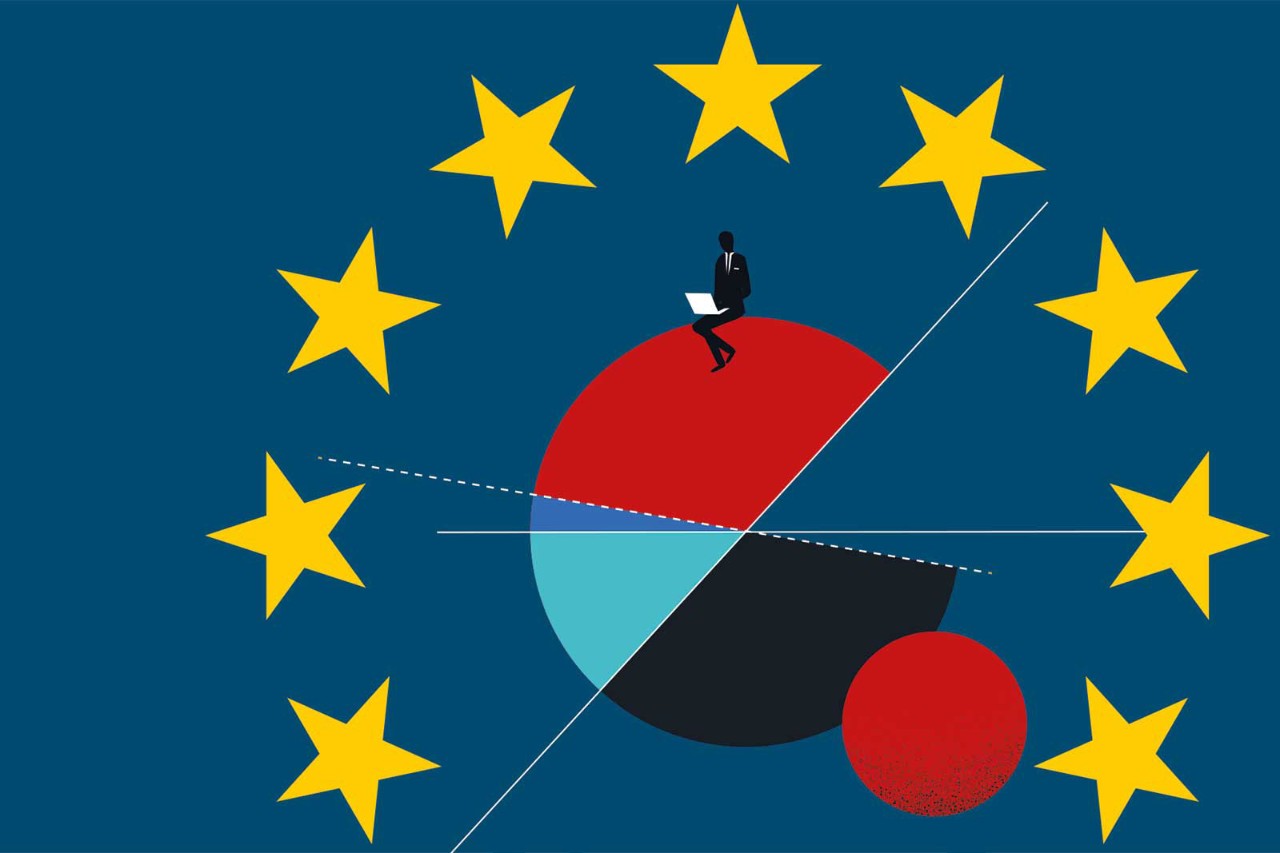
Personalised wealth management services have traditionally been the preserve of top-tier earners and high-net-worth individuals. Today, a convergence of technological advances, changing consumer behaviour and regulatory shifts is bringing a new breed of tailored services within reach of the wider market.
The aim is a product offering that aligns not just with clients’ resources but also their goals, life stage and risk appetite. Customisation might also encompass personal values – offering sustainable or ethical investment options, for example.
Once onerous admin tasks such as onboarding can be performed remotely
Bridging the advice gap
Fintech and artificial intelligence (AI) are the drivers behind a new generation of digital platforms enabling wealth managers to deliver such targeted services at scale. Adoption holds the promise of broader client bases, improved cost efficiencies and a vehicle to bridge the so-called ‘advice gap’ identified by the Financial Conduct Authority (FCA).
Clients benefit from apps providing instant updates on portfolio value, plus the ability to drill down into individual investment performance or product performance. Once onerous administrative tasks such as onboarding and ID checks can be performed remotely, with biometrics software providing facial or fingerprint identification. The result is a level of customisation previously only available via appointments or telephone calls.
Given the complexity of today’s tax and personal finance landscapes, it is ‘vitally important’ for wealth management advisers to offer products that can be tailored to their clients’ individual goals and objectives, in addition to off-the-shelf solutions for clients with less complex needs, says Steven Levin, CEO of Quilter, a UK-based wealth management company,
‘Any wealth manager that fails to utilise technology will be left behind’
‘It is best practice for financial firms to properly assess their target market for their products and services, ensuring they offer the right level of customer support and understanding,’ he says. ‘Technology is at the heart of this, and any wealth manager that fails to utilise it will be left behind.’
Quilter’s app, accessed via its investment platform, allows individual clients to monitor their investments wherever they are, ensuring regular touch points with their finances. ‘We can use this data to support them as best we can, promote the value of financial advice, and ensure our products and services operate as intended,’ Levin says.
Supporting the advisers
Levin also stresses the importance of ongoing support and training for service providers themselves. ‘It is vital that we provide advisers and investment managers with the right tools to support them, and make delivery of the advice as efficient and detailed as possible,’ he says. ‘Having a tech stack that properly integrates into a financial adviser’s business is part of this, but we also need to make sure we provide support and training to allow that tech to be used to its full potential.’
When providing targeted services, Levin says, advisers must consider factors including vulnerability, investment preferences and attitudes to risk. ‘Having a suite of tools at their disposal to record this and help implement the decisions made will ultimately lead to better client outcomes,’ he says.
‘We are now seeing 10 times more traffic through apps’
Ensuring that professional advisers work collaboratively is also key. ‘It is important to truly understand the needs of the client and where services can enhance other services that the client is receiving from other professional advisers, such as lawyers and accountants.
‘Having these services working in silos is unlikely to result in a truly personalised experience. We aim to ensure the client receives the best outcome possible by fostering deep ties with the professional services communities and making them aware of how we can work together for the benefit of the client.’
One of the biggest challenges faced by wealth managers is economic viability. ‘A 35-year-old with £50,000 in savings presents a dilemma,’ Levin notes. ‘Advisers want to help them, but the revenue generated doesn’t justify the cost of full face-to-face advice. But [with the use of customisable fintech], we can provide advisers with a digital proposition to support clients earlier in their wealth journey. This will help build a pipeline of new relationships at a lower client acquisition cost, and deliver solutions with a greater degree of personalisation to underserved segments.’
Uptick in interest
Product director Mark Rendle, who oversees adviser-led platforms at investment services provider AJ Bell, says he has seen ‘an enormous shift’ in consumer appetite to access services digitally since Covid-19.
‘There is now no upper age limit on people engaging in apps,’ he says. ‘There used to be parity between these and websites, but we are now seeing 10 times more traffic through apps.’
The shift towards more targeted pension support will promote further customisation
Rendle believes the success of digital platforms is not based on replacing human interactions but on facilitating professional relationships through a digital medium, whether that is a video call or in-app engagement. ‘In some contexts, digitalisation can replace the need for human advisers,’ he says. ‘In others, it can augment them where that is more efficient.’
He anticipates that the shift towards more targeted pension support, as outlined in the FCA’s Advice Guidance Boundary Review, will promote further customisation, allowing advisers to offer bespoke suggestions to specific groups of clients sharing similar characteristics or requirements.
Sometimes, however, it is smaller details that make services feel personal. Wealth managers in the AJ Bell ecosystem gain access to its app, enabling communication with clients and digital approval or execution of tasks. And the app can be rebranded, a key feature in Rendle’s view.
‘Clients often have a wider relationship with the business because it is aligned to law or accountancy practices,’ he says. ‘A familiar logo or letterhead supports that through the digital channel; it does not replace it.
‘What we’re seeing still is how much the end customer values that trust relationship.’


